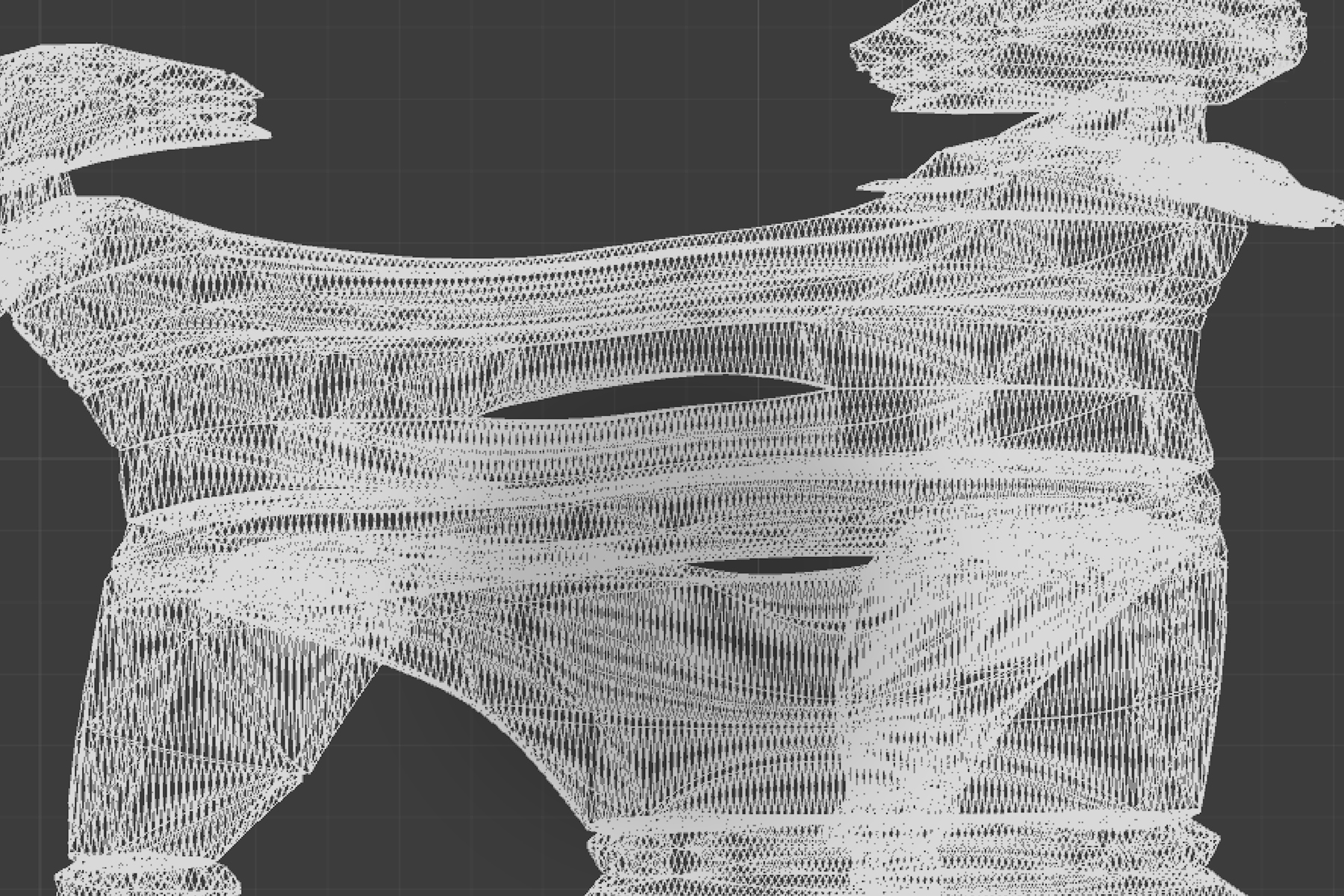Friday 20th September 2013
Media Education Summit, Sheffield Hallam University, Sheffield, UK
Abstract
When faced with a broken and out of date methodology, structure and systems, how do we as academics find our purpose, value and relevance within the 21st Century classroom or perhaps a more relevant question should be how would we re-imagine what that classroom could look like. Here, I am not meaning what shape of rectangle or square room and colour chairs or even what type of physical building, I am thinking what tools, skills will we, as learners and teachers, need to make this ‘place’ an effective, enjoyable environment to experiment and work together to help create and propel the next wave of creatives out into the big wide world! In 2011 Peter Norvig and Sebastian Thrun at Stanford University shook up educational institutions by opening their doors to their ‘Introduction to Artificial Intelligence’ interactive MOOC (Massively Open Online Class). Two years earlier in the back of a converted cinema in the UK1, Jonathan Shaw and his team seeking to enhance student engagement with photography and connect them with their wider professional networks, had explored a similar idea, allowing the world to peer into their classroom. Picturing the Body better known by its hashtag #picbod, a free and open undergraduate photography class was born. #picbod together with its sister open class #phonar (short for Photography and Narrative) are now referred to as Open Boundary2 by JISC as a third distinct thread running within the wider weave of what might be commonly termed MOOCs.
Session
This conversation will reflect3 upon and explore the motivations, rational and strategies for development and support of open4, online courses specifically within context of arts, media and design education. It is aimed at people who are interested in exploring how the practitioner led educator may have privileged insights into defining new practices for the fast changing higher education and professional landscapes. Online
Preparatory Resources
1 “Global Transmedia MOOCs” Virtual community pioneer Howard Rheingold interviews educator Jonathan Shaw about his groundbreaking experiments in online, collaborative learning in the arts.
2 “MOOCs and Open Courses – what’s the difference?” David Kernohan
3 “The Expanded Classroom: The Impact of Technology in a Connected World”
4 “’We’re All Game Changers Now’: Open Education – A Study in Disruption”
